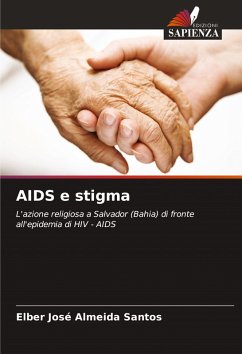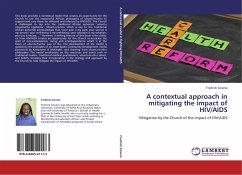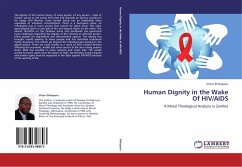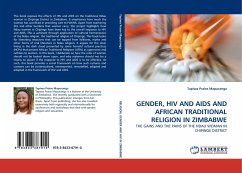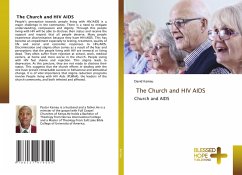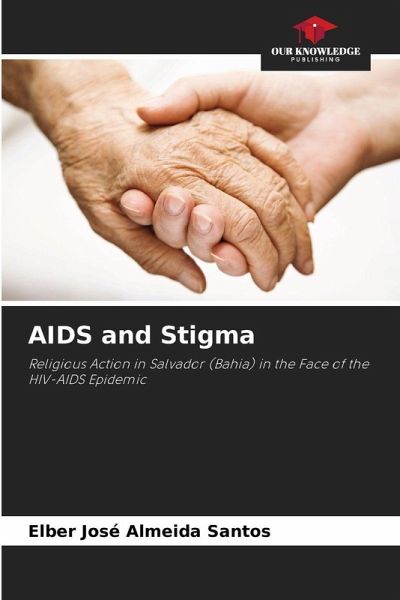
AIDS and Stigma
Religious Action in Salvador (Bahia) in the Face of the HIV-AIDS Epidemic
Versandkostenfrei!
Versandfertig in 6-10 Tagen
27,99 €
inkl. MwSt.

PAYBACK Punkte
14 °P sammeln!
Stigma, prejudice, stereotyping, and discrimination have been present in human history for centuries and continue to serve as the basis for social attitudes or omissions to this day, whether individually or collectively, as they touch on topics considered "taboo" or that many are unable to deal with or talk about, such as homosexuality, prostitution, successive monogamy, and because they do not face this difficulty of dialogue (prejudice) and end up using their "assumptions" as a basis for judging others. The emergence of HIV/AIDS in the United States, initially affecting people considered to ...
Stigma, prejudice, stereotyping, and discrimination have been present in human history for centuries and continue to serve as the basis for social attitudes or omissions to this day, whether individually or collectively, as they touch on topics considered "taboo" or that many are unable to deal with or talk about, such as homosexuality, prostitution, successive monogamy, and because they do not face this difficulty of dialogue (prejudice) and end up using their "assumptions" as a basis for judging others. The emergence of HIV/AIDS in the United States, initially affecting people considered to be on the margins of society, such as male homosexuals, Haitians, heroin addicts, hemophiliacs, and sex workers, further reinforced the prejudice surrounding the disease, which ultimately led to discrimination against the victims of this new disease. This attitude was reinforced by the media when reporting and exposing those affected by the new syndrome, which continues to have consequences to this day.



